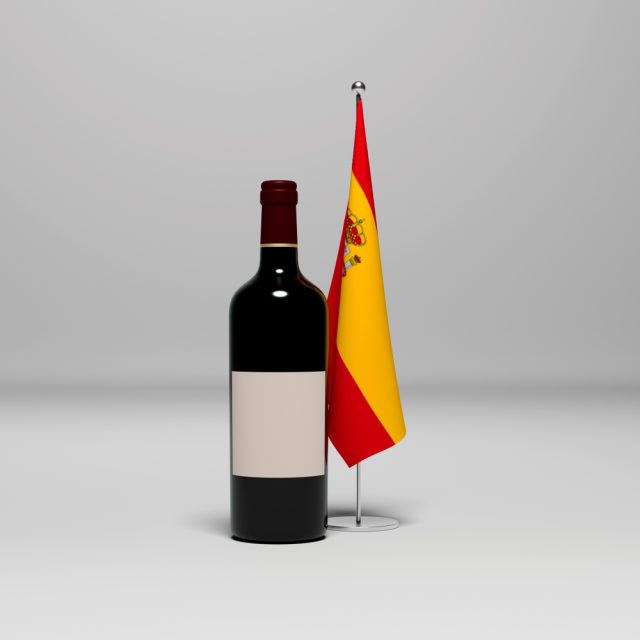
The European Food Safety Authority (EFSA) has launched an investigation into sulfites, a sulfur derivative that serves the food industry as an antioxidant additive. This investigation, admitted Dr. Matthew Wright, chairman of the authority’s working group, lacks the information necessary to conclude with certainty the negative effects on health. Even in the absence of a rigorous study, the authority has been legitimized to say that sulfites could be a safety concern for those who consume foods containing sulfites.
These statements, which in principle do not go beyond a technical doubt about sulfite and sulfur dioxide, compromise the future of the export of beverages such as wine, one of the most important products of the countries of southwestern Europe. Specifically, Spain generated more than 400,000 jobs around the wine industry in 2020, and in 2018 it was the world’s leading wine exporter by sending 21 million hectoliters to the rest of the world. This list of wine exporters is followed by Italy, which came to export 19.7 million hectoliters, and in turn, in third place would go France, which exported 14.1 million hectoliters. But does the consumption of sulfite-containing foods really pose such an important threat to personal safety as to compromise one of the most successful industries in three of the European Union’s most important economies?
EFSA has only collected data on dietary intakes and neurotoxic effects in animals. In other words, the authority has for the moment alluded to a possible harm to health based simply on a study that has not yet involved human subjects. In addition, sulfate is an additive that is not only found in wine today, but is also present in a wide variety of foods and beverages that we consume in our daily lives, from apples to fruit juice. For example, we can find it in rice or onions, other typical ingredients of Spanish cuisine. In other words, statements without a rigorous study on sulfite and its impact on human health can compromise a huge variety of foods and ingredients that we consume in our daily lives.
The EFSA puts Spanish wine on guard, why?
It is therefore worth reflecting on what is our objective for the future of our societies in Europe. On the one hand, faith in progress seems to be gradually gaining legitimacy among public bodies and authorities as time goes by. On the other hand, this same blind pursuit of progress seems to neglect some of the most basic issues of our societies and economies. A few mere statements from the body in charge of food regulation in Europe may be able to put on guard one of the most important and prosperous industries in Spain, France and Italy, championed more by the legitimacy that blind progress grants it than by the real and objective data on which it should be based. This lack of empathy and disconnection of the European bureaucracy with respect to national realities reflects the distance that is opening up between one and the other. On one side, there are those who attack the customs that have led Spain, in addition to other factors, to be a reference in life expectancy worldwide due to progress. On the other side, those who defend the interests of the nation, its customs and its strengths and, from them, seek the progress of its society and its economy.



 Subscribe
Subscribe